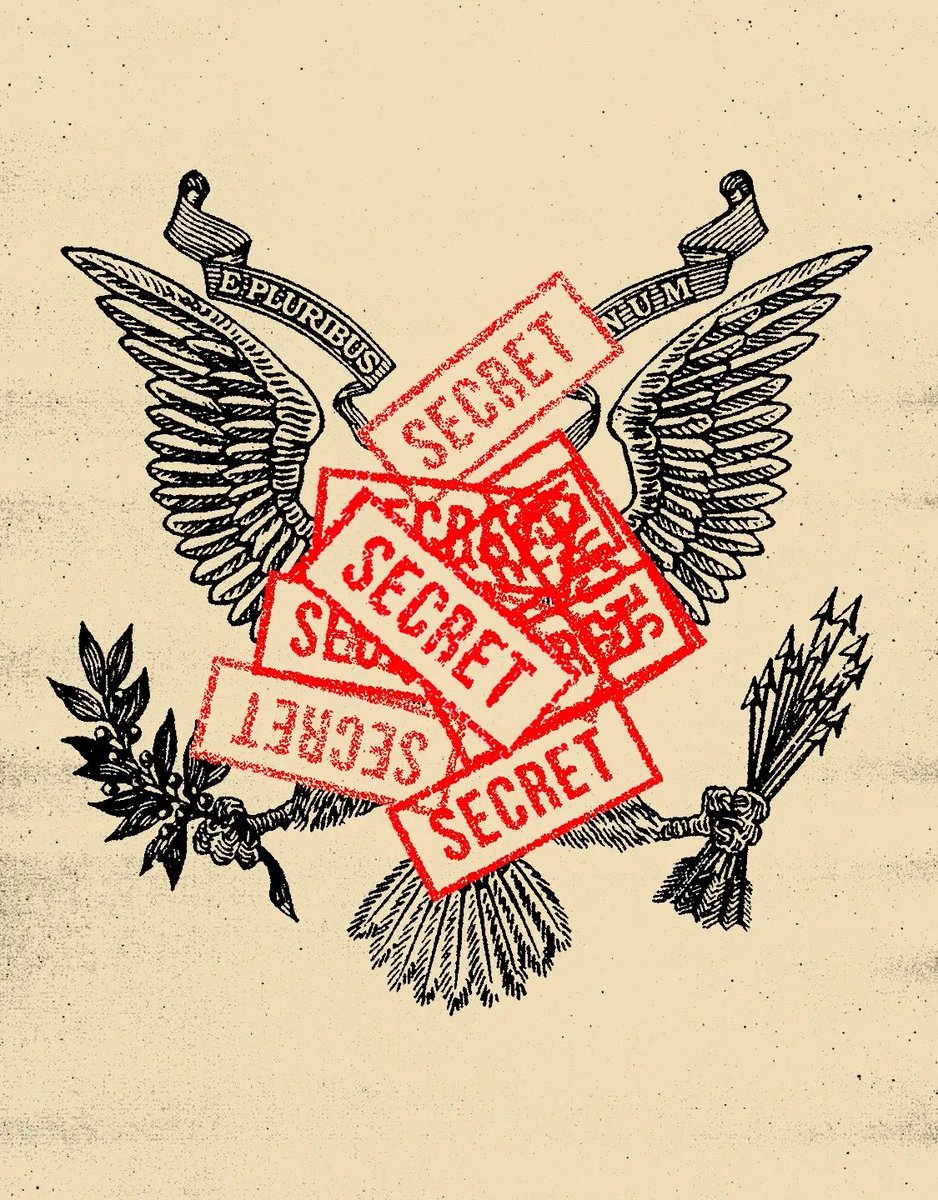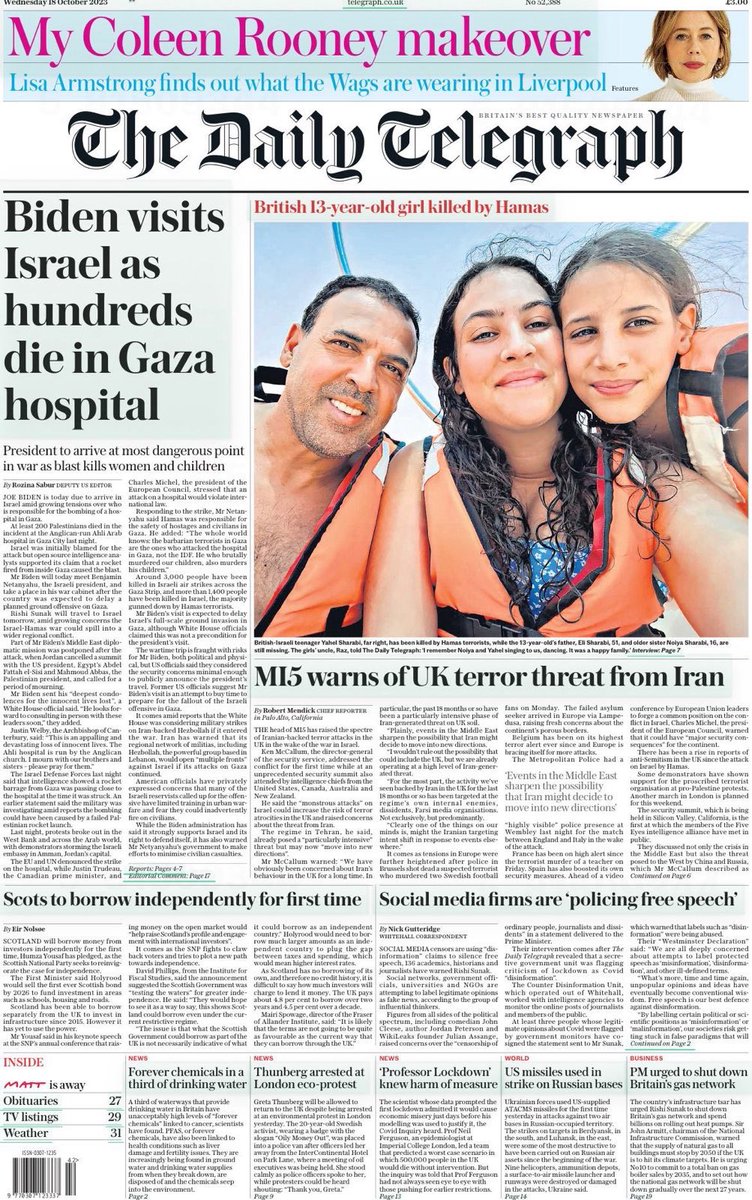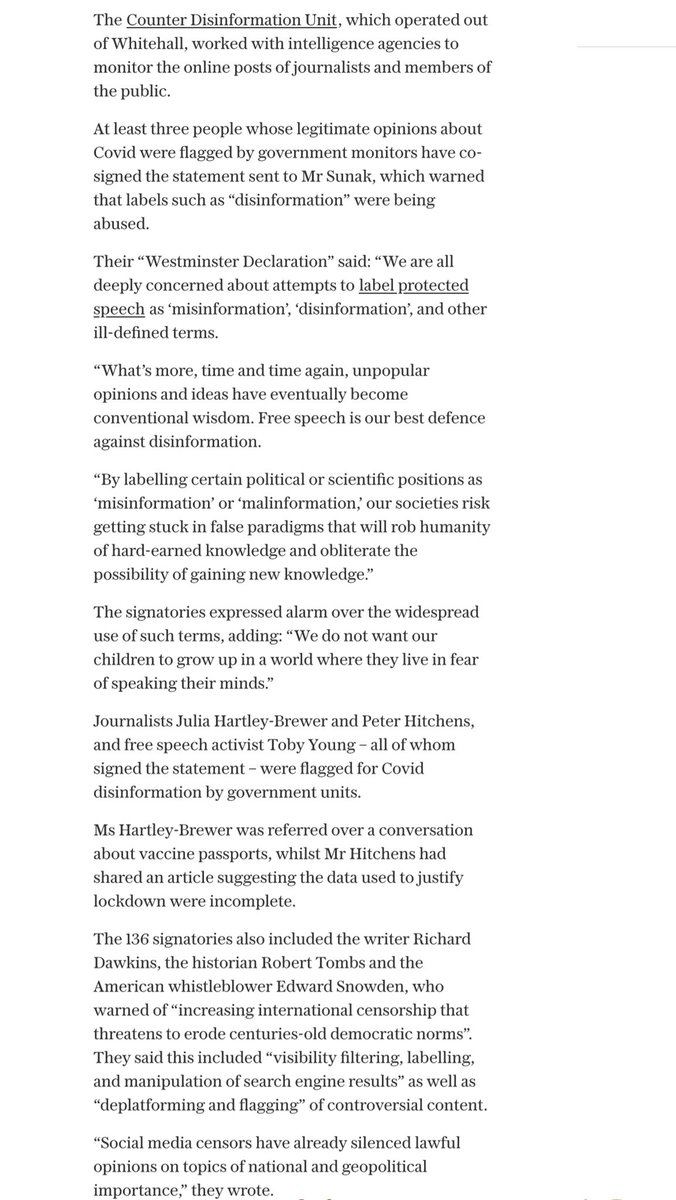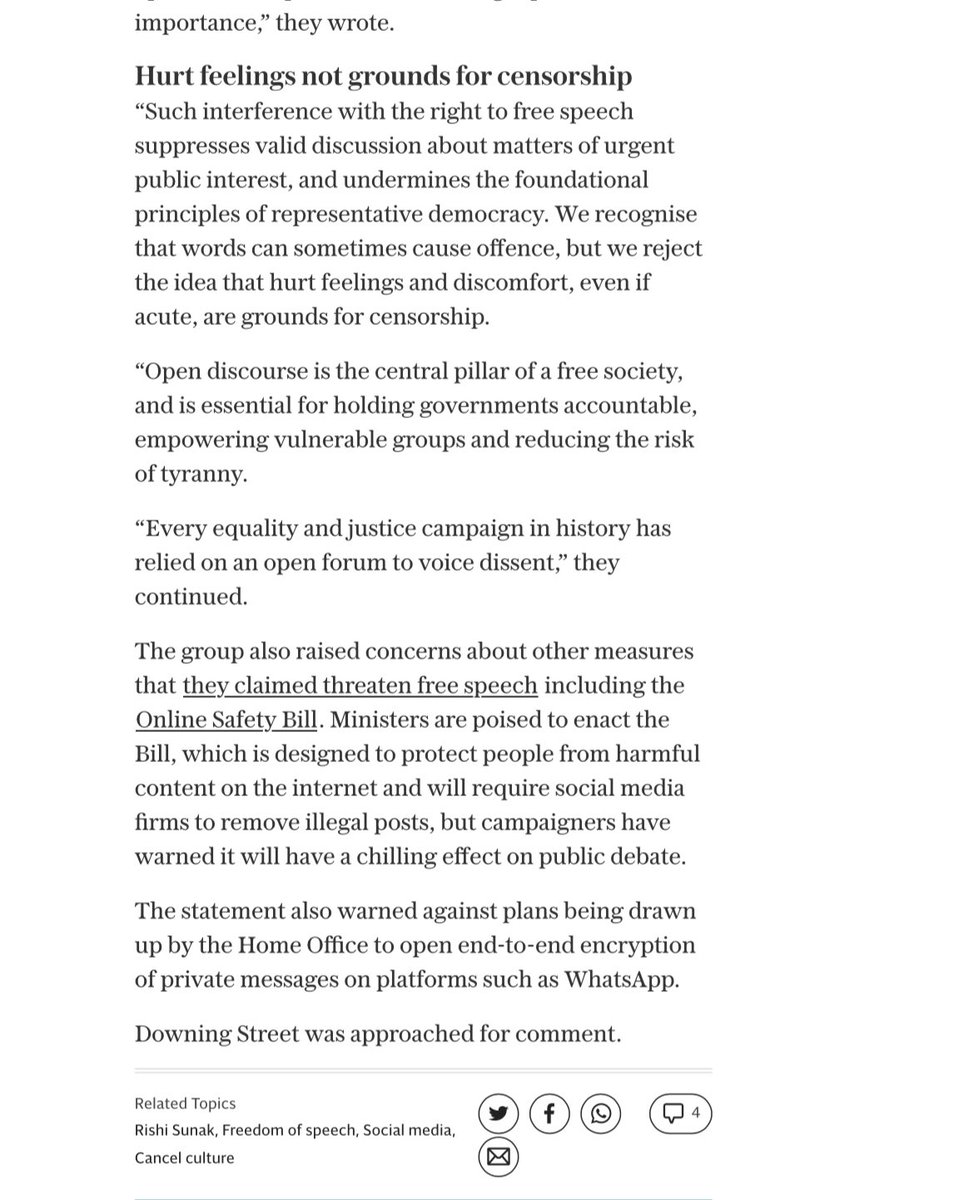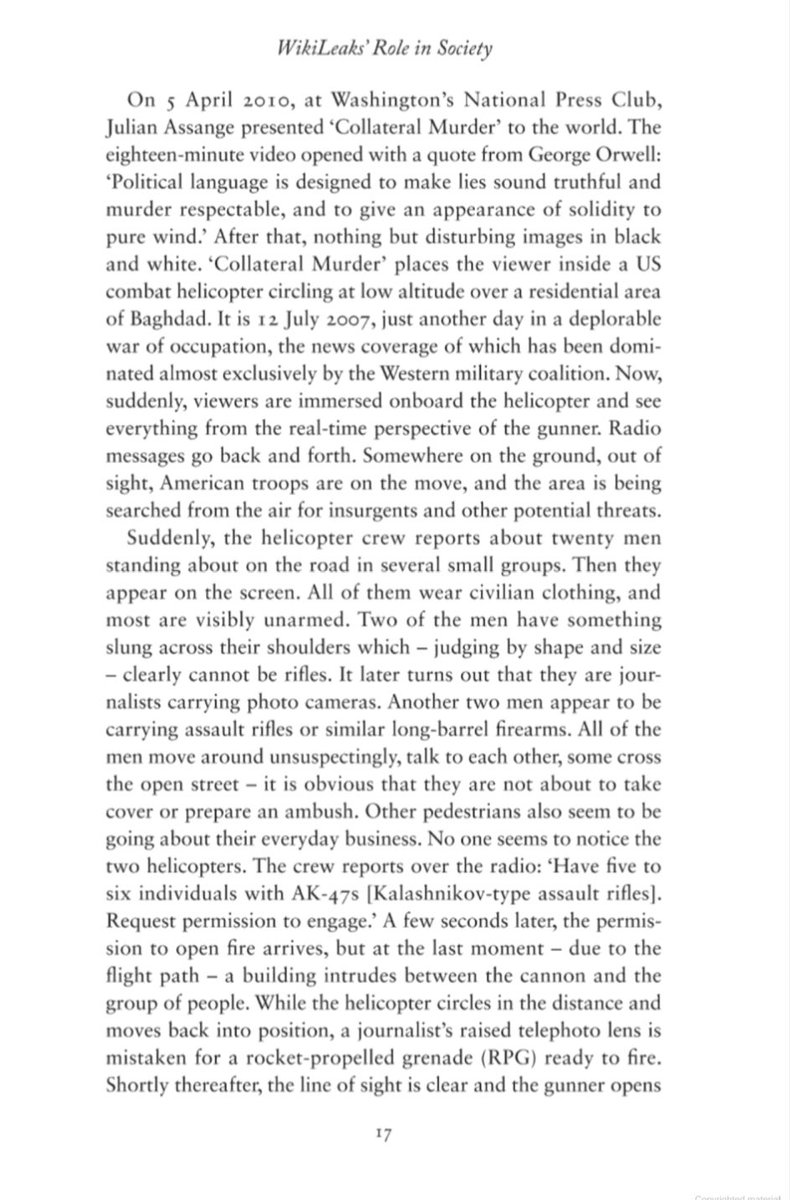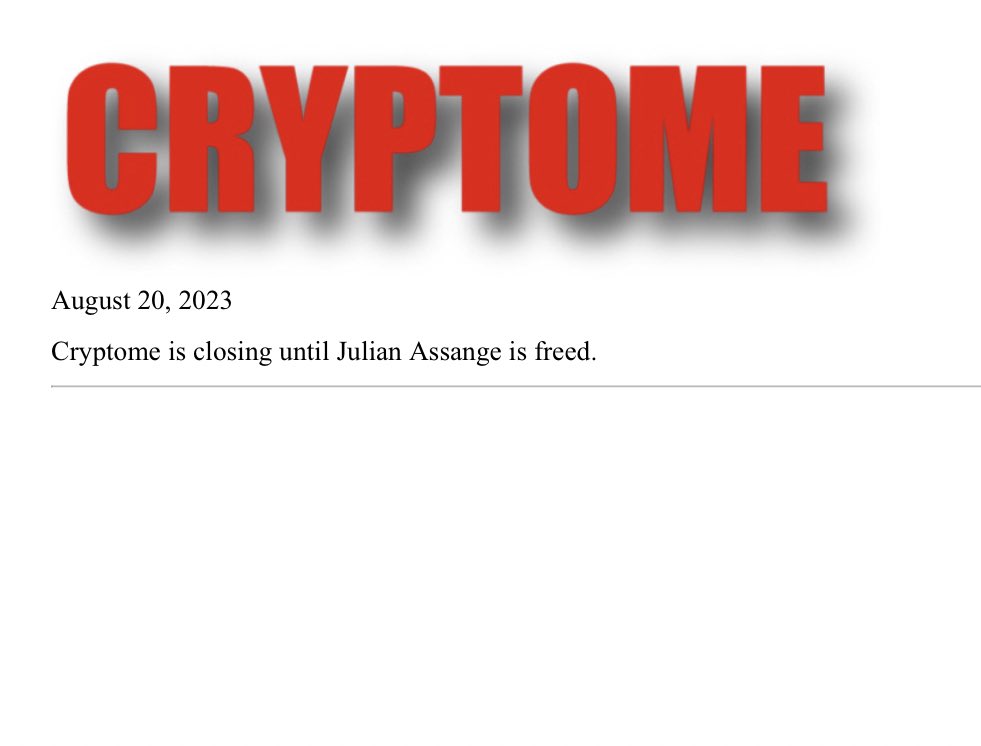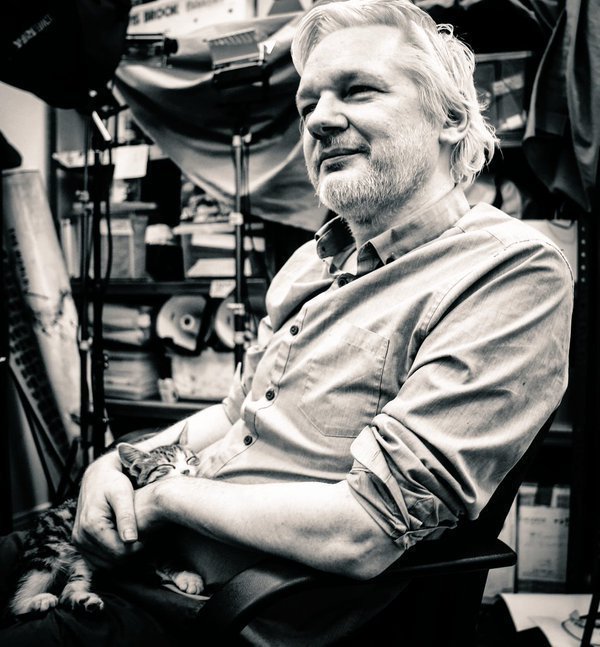“You stand before me to be sentenced in this criminal action,” Judge Manglona says. “I would note the following: Timing matters. If this case was brought before me some time near 2012, without the benefit of what I know now, that you served a period of imprisonment ... in apparently one of the harshest facilities in the United Kingdom.

“There’s another significant fact – the government has indicated there is no personal victim here. That tells me the dissemination of this information did not result in any known physical injury.
“These two facts are very relevant. I would say if this was still unknown and closer to [2012] I would not be so inclined to accept this plea agreement before me.
“But it’s the year 2024”
“These two facts are very relevant. I would say if this was still unknown and closer to [2012] I would not be so inclined to accept this plea agreement before me.
“But it’s the year 2024”

She also has to consider the case and seven year imprisonment of Chelsea Manning.
It appears your 62 months ... was fair and reasonable and proportionate to Ms Manning’s actual prison time.
She also acknowledges Assange’s “14-year ordeal”.
It appears your 62 months ... was fair and reasonable and proportionate to Ms Manning’s actual prison time.
She also acknowledges Assange’s “14-year ordeal”.

“it appears this case ends with me here in Saipan”
“With this pronouncement it appears you will be able to walk out of this courtroom a free man. I hope there will be some peace restored”
#AssangeFree #JournalismIsNotACrime
“With this pronouncement it appears you will be able to walk out of this courtroom a free man. I hope there will be some peace restored”
#AssangeFree #JournalismIsNotACrime
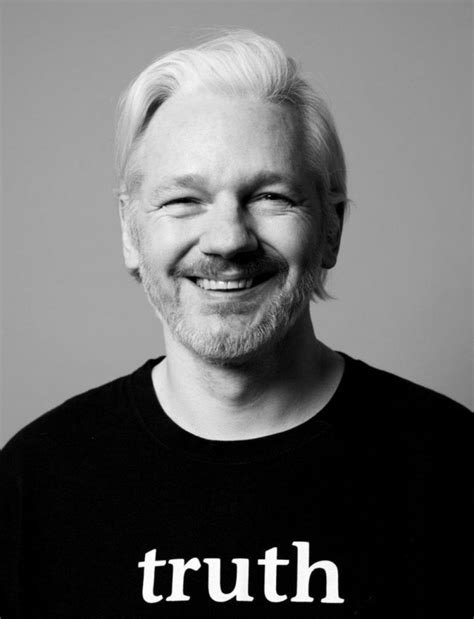
• • •
Missing some Tweet in this thread? You can try to
force a refresh



